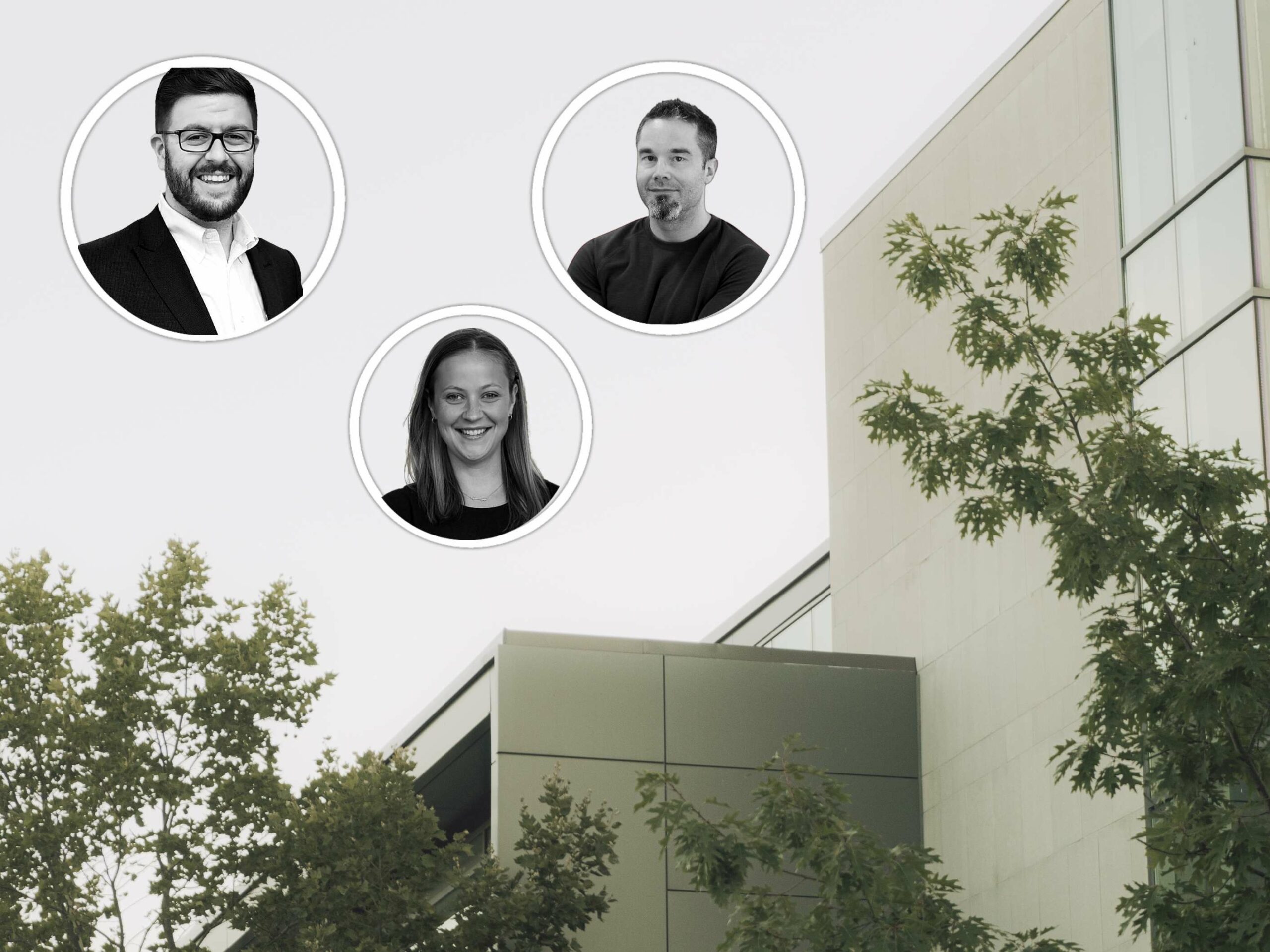UTM reveals 2022 Annual Research Prizes winners
Research on the depths of pain, homelessness, and novels from the Victorian era wins UTM professors $2,000 for future studies and development.
The University of Toronto Mississauga’s Annual Research Prizes are awards given to “early career faculty members” who have made significant impacts in their field through their research. One recipient is chosen from each of the three categories: sciences, social sciences, and humanities. Prize recipients are granted $2000 as a reward. The recipients this year are Associate Professor Loren Martin from the Department of Psychology, Assistant Professor Alison Smith from the Department of Political Science, and Associate Professor Daniel Wright from the Department of English & Drama.
Exploring the depths of pain with Associate Professor Loren Martin
Martin’s research focuses on exploring the complexity of the pain we feel—more specifically, measuring the levels of pain felt in different environments. His lab focuses on bridging the gap between “animal models and human subjects or patients” in pain research.
Martin explains that researchers are able to study animals quite well and are able to develop drugs for human use on a biological level through animal trials. However, beyond the trials, these drugs don’t translate well to human usage, having a “failure rate of 95 per cent.” The high failure rate is due to the presence of “variables neglected during animal trials.” During animal trials, biological determinants are at the forefront of research focus, while social and psychological determinants—which can be key—are often overlooked.
Despite the high failure rate, there are only two labs in Canada that are exploring human pain modulation. Martin explains that this is because pain is hard to study—at a base level, we are still unsure of how the brain truly functions in relation to pain. Regardless, he is hopeful that in the future, there will be more labs that focus on studying pain.
Assistant Professor Alison Smith’s focus on governance and homelessness
Smith’s research focuses on exploring government policies and homelessness, specifically in Canada. In the description for her book, Multiple Barriers: The Multilevel Governance of Homelessness in Canada, Smith states that “Despite decades of efforts to combat homelessness, many people continue to experience it in Canada’s major cities.”
According to Homeless Hub, a research institute in Canada that focuses on homelessness, in 2021, more than 18,000 people were homeless in Toronto. Through her research, Smith explores ideas on how to control the rate of homelessness and “how actors are limited in what they can do and how they work around these limitations to make significant contributions,” as is read in her bio at the university.
Conversing about the Victorian era and humanities with Associate Professor Daniel Wright
Professor Wright’s research focuses on studying novels from the Victorian era—British literature of the 19th century—and analyzing it in conjunction with topics such as philosophy, sexuality, and gender. Wright states that “a lot of literature researchers in the Humanities find their way to the Victorian period,” because at its time, it was peak literature—everyone was consuming it and conversing about it. While it trickles into modern society’s conversations, literature is not as popular of a conversation topic anymore, especially with the introduction of other forms of entertainment and media. As such, Wright finds it a responsibility of a literature professor to “keep the novel in conversation.”
“One of the basic ideas [with] research and English literature is that we’re never aiming for the final answer, the final word,” says Wright, explaining that there is no finite end to studying literature. He contends that one of the most exciting aspects of teaching the novel is being able to hear fresh perspectives from students on passages he has read multiple times. Answers, when analyzing literature, constantly evolve.
The 2022 Annual Research Prize Symposium will take place on November 29, 2022, from 12:30 p.m. to 2:30 p.m., in MN3230. Any person interested in learning more about the three prize recipients’ research and stories can register to attend the ceremony.

